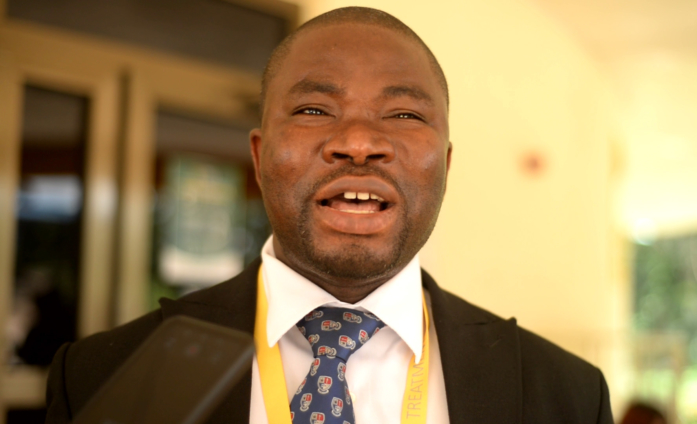The Society of Family Physicians of Ghana (SOFPOG), is worried that inadequate family physicians will compromise the health of Ghana’s growing population.
The President, Dr. Emmanuel Ati has observed that many district hospitals lack family physicians.
Family Physicians training in Ghana began in 1999 with the West African College of Physicians (WACP) and in 2005 with the Ghana College of Physicians and Surgeons.
Currently, there are 125 Family Physicians trained by both the WACPs and GCPS with 15 fellows and 110 specialists.
There are also 130 residents in training all over the country.
Speaking at the World Family Doctor Day, Dr. Ati called on government to prioritize family medicine to ensure a healthy population.
“We want government to ensure that family physicians are placed at all the levels of the healthcare delivery system,” he said.
The day which coincided with the 2021 annual general meeting of SOFPOG was under the theme: 'Building the future with Family Doctors in the management of chronic medical conditions'.
Government advisor on health, Dr. Anthony Nsiah-Asare believes the move will be crucial in curtailing rising non-communicable diseases (NCDs).
“These numbers are woefully inadequate for a rapidly growing population and the rising chronic medical conditions in the country.
“There is an urgent need therefore for more Family Physicians to be trained and maintained to help improve coverage, equitable access, and quality of care for chronic medical conditions in the country,” he said.
Dr. Nsiah-Asare called for integrated research into NCDs for effective management of the menace.
He also emphasized the importance and benefit of research into NCDs and the need to promote health education in the country.
“We also need to strengthen the country’s capacity for surveillance and research on NCDs - their risk factors and their determinants - and utilize the results of research to support evidence-based policy, academic programs, and program development and implementation.
"I further urge Ghana Health Service to re-engineer its service delivery strategies with more focus on the promotion of health in its totality,” he explained.
Latest Stories
-
China’s partnership with Africa represents fundamental shift from exploitation – ACUC
11 minutes -
Bonsu Baah to have Al Qadsiah medical in Madrid on Friday ahead of signing four-year deal
17 minutes -
I live by God, not perception or opinion – AratheJay
17 minutes -
How long would you live in Ghana? GHS Public Health Director breaks down 5 factors
19 minutes -
Ashanti Region: Police Intelligence Directorate dismantles criminal syndicate involved in vehicle thefts
20 minutes -
Middle East tensions unlikely to disrupt Ghana’s diplomatic ties – Nana Yaw Mireku
24 minutes -
Ghana courts Chinese investors with 24-hour economy incentive
26 minutes -
Joy Sports’ Nathaniel Attoh unites classmates to fund legacy project for St. Augustine’s College
27 minutes -
PIAC unhappy with execution of oil-funded projects in Yendi
29 minutes -
Bawumia deserves another chance to lead NPP – Political Analyst
31 minutes -
NSA warns students against enrolling in unaccredited tertiary institutions
35 minutes -
Behind the Mic and Beyond: Becky’s Impact on Ghana’s Entertainment and Media Space
37 minutes -
It’s always in the interest of Ghana to play the intermediary role – Nana Yaw Mireku
40 minutes -
Pro-U.S. hostile comments can affect your visa applications – U.S. Consul General
44 minutes -
NPP MPs must remain neutral – Minority Leader, Kyei-Mensah-Bonsu, Arthur Kennedy share views
46 minutes

